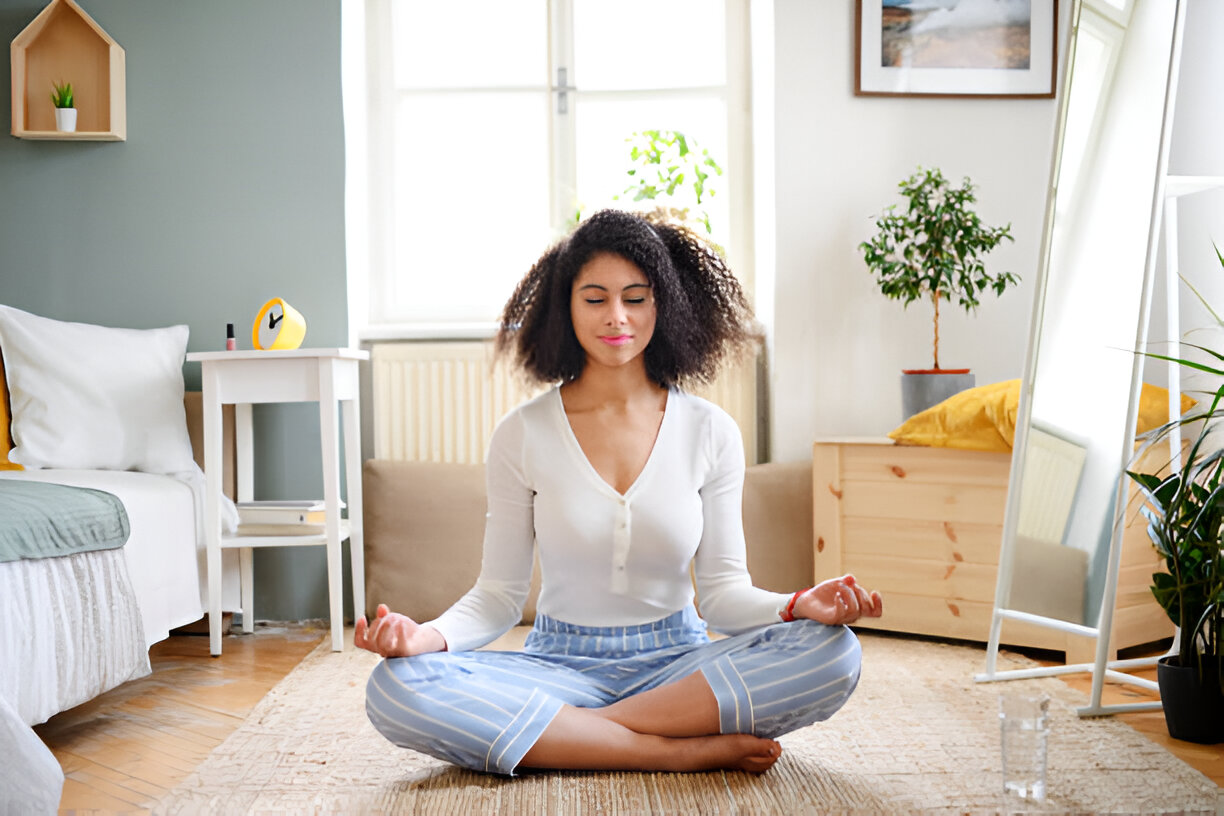We all deserve fulfilling, healthy relationships. While another person won’t necessarily “complete” you, a healthy relationship creates a dynamic where parters feel safe and bring out the best in one another.
Just like an unhealthy relationship can impact one’s mental health in negative ways, a healthy relationship has the potential to fill your life with joy, fulfillment, and meaning.
Of course, no relationship is perfect. However, most healthy relationships are built on the foundation of similar characteristics. It’s not always obvious to know what those qualities are, especially if you didn’t grow up with healthy dynamics modeled in your family.
I’m going to share those common threads so you can work toward building a relationship that will provide you all the joy you deserve.
Trust: The Foundation of Everything
When I think about what makes my strongest relationships work, trust always comes first. I need to know that I can count on my partner, and they need to know they can count on me. Trust isn't just about believing they won't cheat – it's about knowing they'll be there when they say they will, that they'll keep their promises, and that they'll always tell me the truth, even when it's difficult.
I've learned that trust builds slowly, like putting one brick on top of another. Each time my partner follows through on their word, each time they're honest about their feelings or mistakes, another brick gets added to our foundation. When trust is strong, everything else in the relationship becomes easier.

Open Communication: Speaking and Listening with Our Hearts
In my experience, good communication goes far beyond just talking about our day. It means I can tell my partner when I'm feeling hurt, scared, or unsure, without fear of judgment. It means they feel safe sharing their deepest thoughts with me too.
I've discovered that real communication is as much about listening as it is about speaking. When my partner talks, I try to truly understand their perspective instead of just waiting for my turn to respond. We don't always agree, but we always make an effort to see things from each other's point of view.
Sometimes, this means having difficult conversations about sensitive topics. But I've found that addressing issues head-on, with kindness and respect, prevents small problems from growing into bigger ones.
Mutual Respect: Honoring Each Other's Individuality
Respect in a relationship means I value my partner's thoughts, feelings, and boundaries as much as my own. I've learned that it's crucial to remember that we're two different people with our own unique perspectives and needs. This means supporting each other's goals and dreams, even when they're different from our own.
I show respect by asking for my partner's opinion, considering their feelings when making decisions, and never putting them down or dismissing their ideas – especially in front of others. Respect also means accepting that we won't always see eye to eye, and that's okay.
Independence and Togetherness: Finding the Right Balance
One of the most important lessons I've learned is that a healthy relationship needs both connection and independence. While I love spending time with my partner, I've found that maintaining my own interests, friendships, and goals makes our relationship stronger.
I believe that giving each other space to grow individually helps us grow together. When I come back from pursuing my own interests or spending time with friends, I have new experiences to share and feel more energized in our relationship. This balance keeps our connection fresh and prevents us from becoming too dependent on each other.
Emotional Support: Being There Through Thick and Thin
Life isn't always easy, and I've found that having a supportive partner makes all the difference. In a healthy relationship, we're there for each other during both the celebrations and the challenges. This means offering comfort during tough times, encouraging each other when we're pursuing goals, and being a steady presence when life gets overwhelming.
I've learned that emotional support isn't about fixing each other's problems – it's about being present and showing that we care. Sometimes it's as simple as listening without judgment, offering a hug, or saying "I believe in you" when my partner needs encouragement.
Shared Responsibility: Working as a Team
In my experience, a healthy relationship feels like a true partnership. This means we both take responsibility for making our relationship work – from handling household chores to making important decisions together. Neither of us should feel like we're carrying all the weight alone.
I've found that sharing responsibilities isn't about keeping score or splitting everything exactly 50/50. Instead, it's about both partners contributing in ways that play to their strengths and making sure neither person feels overwhelmed or taken for granted.
Growth and Adaptability: Growing Together Through Change
Life is constantly changing, and I've learned that healthy relationships need to be able to change too. This means being willing to adapt as we both grow and evolve as individuals. Sometimes our priorities shift, our careers take new directions, or our dreams change shape. What matters is our commitment to growing together and supporting each other through these changes.
I've found that being open to growth means regularly checking in with each other about our goals, dreams, and needs. It means being willing to try new things together and having the courage to admit when something isn't working and needs to change.
Looking back, I can see how these seven qualities work together to create a strong, healthy relationship. Trust provides the foundation, communication keeps us connected, respect maintains our dignity, independence gives us room to breathe, emotional support helps us face life's challenges, shared responsibility keeps us balanced, and the ability to grow together helps us last.
Building a healthy relationship takes time, effort, and dedication from both partners. It's not always easy, but in my experience, when both people are committed to nurturing these qualities, the relationship becomes one of life's most rewarding experiences. It's an ongoing journey of learning, growing, and loving – one that makes all the effort worthwhile.
Latest Blog
How to Recognize and Break Free from a Toxic Relationship
Toxic relationships are more common than we’d like to admit. They can creep into our lives disguised as l...
Why Do I Always Attract Toxic Partners?
Have you ever wondered why you keep ending up with partners who drain your energy, hurt your feelings, or make you question your worth? You're not alone. Many people find themselves caught in a cycle of toxic relationships, feeling frustrated and confused about why it keeps happening.Early Life Experiences Shape Our Relationship PatternsThe way we learned about love and relationships in childhood often sets the...
Major Concerns Facing Working Women Today
The Challenge of Work-Life BalanceWorking women often struggle to balance their professional and personal lives. Many feel pulled in different directions, trying to excel at work while managing household responsibilities. This includes taking care of children, doing household chores, and looking after elderly family members. The pressure to "do it all" can lead to stress and burnout.Women often work a "second s...


.jpg)








